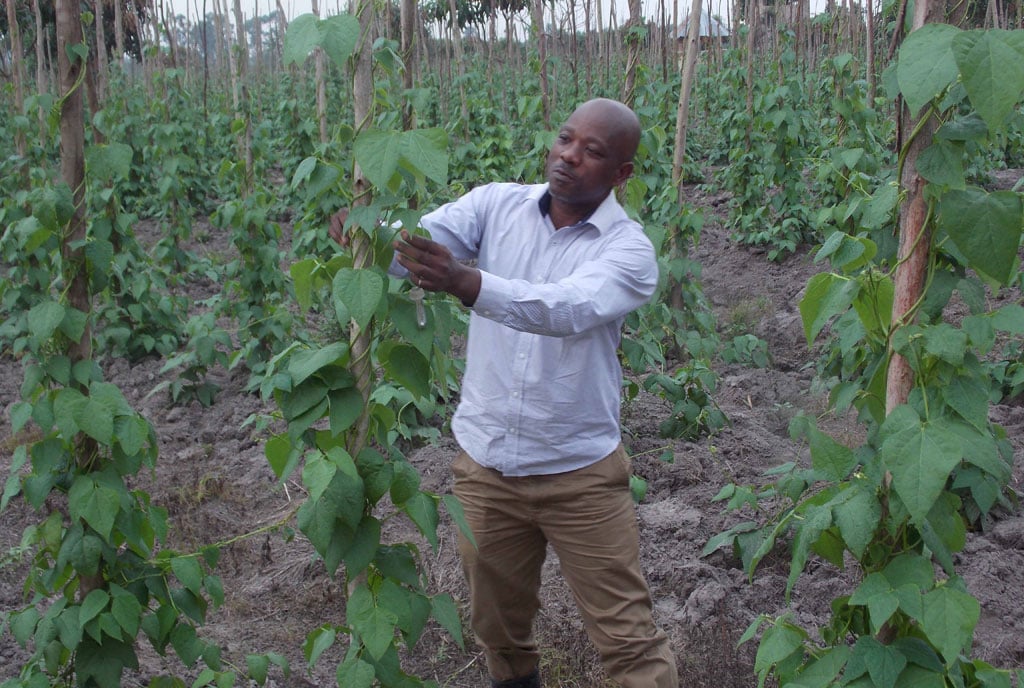Organic manure keeps farms fertile

A farmer uses dry maize stalk for mulching his garden. PHOTO/MICHAEL J SSALI
What you need to know:
- The farmer is however warned to strictly observe hygiene because organic manure usually contains germs.
For our small farms to keep naturally fertile and productive, the farmers should use organic or natural fertilisers. Agriculturalists describe organic fertilisers as materials derived from rotten plant and animal residues.
When grass or wood is placed in one place for several months, it decays and becomes organic manure. Animal droppings and urine (farmyard manure) are also organic fertilisers.
Decayed grass or mulches are also a form of organic manure. Some people bury grass and animal droppings underground which they uncover after some months and get compost manure. Another form of organic manure is liquid manure or “herbal tea” which is obtained by putting green leaves in a container of water and letting it rest until it gets rotten.
The water in which the leaves are kept to rot is referred to as liquid manure. But there are many forms of liquid manure these days which are prepared by diluting artificial fertilizers in water. Any mixture of water and artificial fertilizers cannot be referred to as organic.
Small scale farmers can easily get organic manure by keeping animals such as cows, goats, sheep, pigs, and poultry. Their droppings and urine should be consistently buried in the soil to keep it fertile. Since they are small holder farmers they are mainly expected to keep small animals like sheep, goats, rabbits and pigs.
They can also keep a cow or two under zero-grazing if they have a good source of fodder grass and water. The animals can also be fed on crop residues such as bean leaves, potato leaves and peeling, banana peelings, and maize stalks.
The farmer can plant lines of fodder grass along the furrows dug across the garden to trap running rainwater. Mango trees, bark-cloth trees or any other fodder trees may be planted on the periphery of the farm for the farmer to harvest their leaves and feed the animals.
Since the manure is readily available on the small farm, the farmer is not overburdened with its transportation to where it is needed. A simple tool like a wheelbarrow can be used.
A hand hoe can be used to plough the manure into the soil. Urine too can be carried to the plants and applied according to the guidance of the area agricultural services extension officer.
The farmer is however warned to strictly observe hygiene because organic manure usually contains germs.
Michael J Ssali is a veteran journalist




